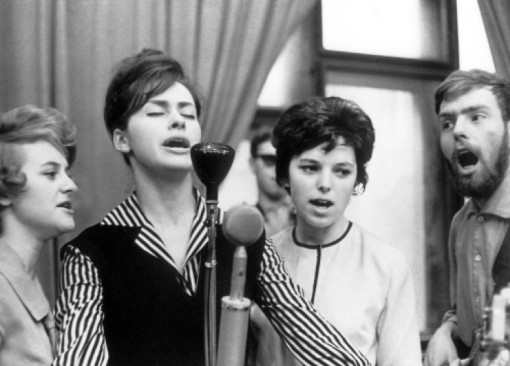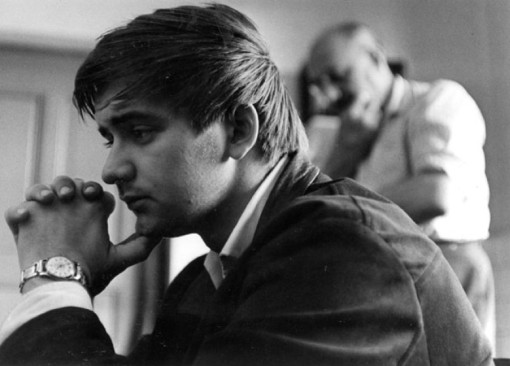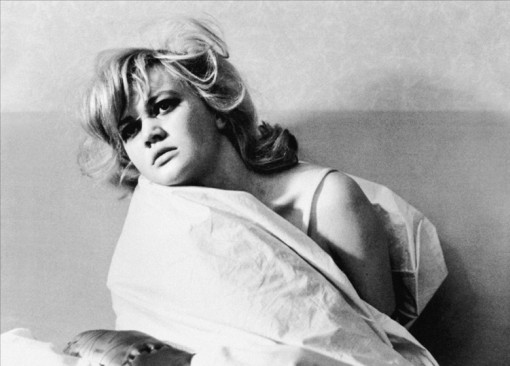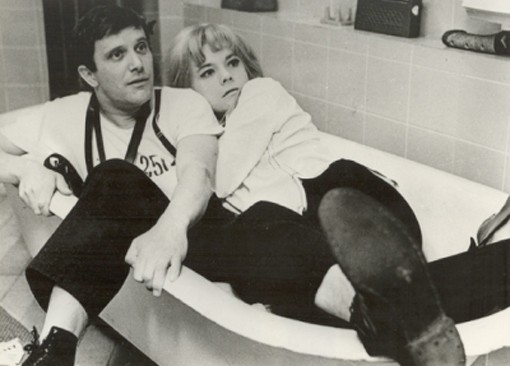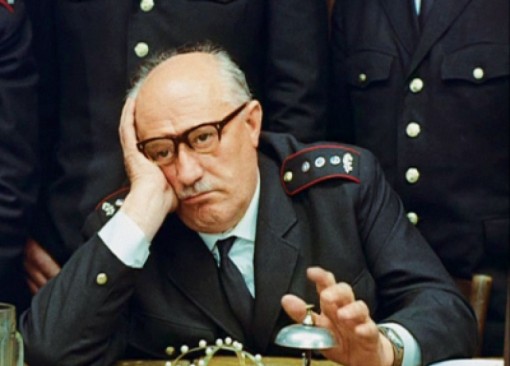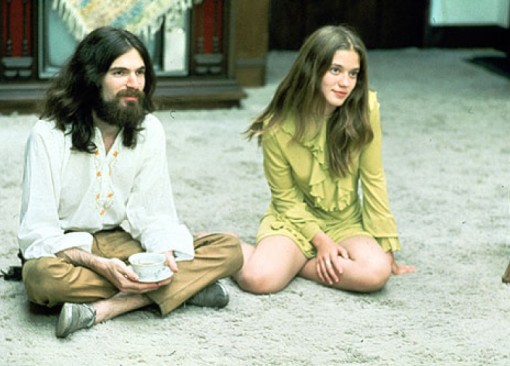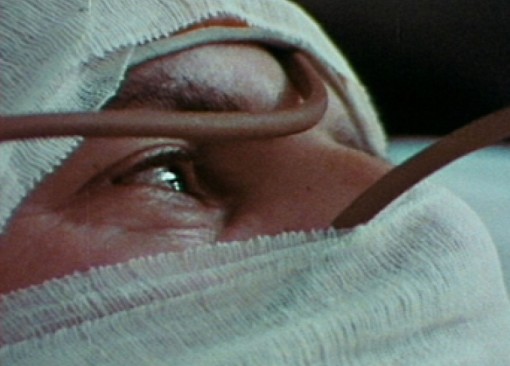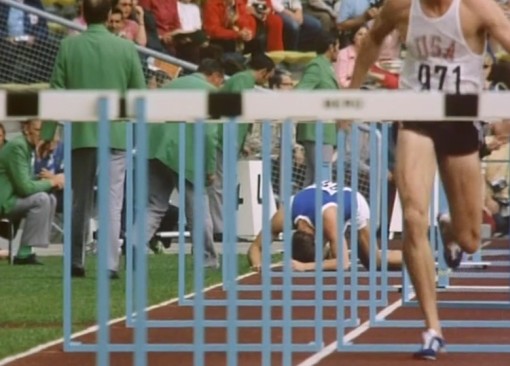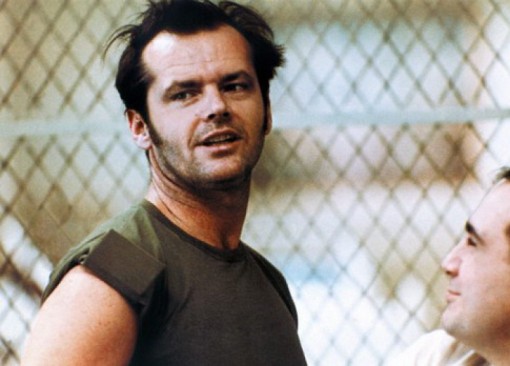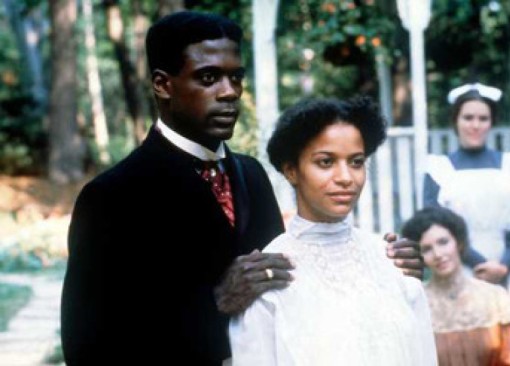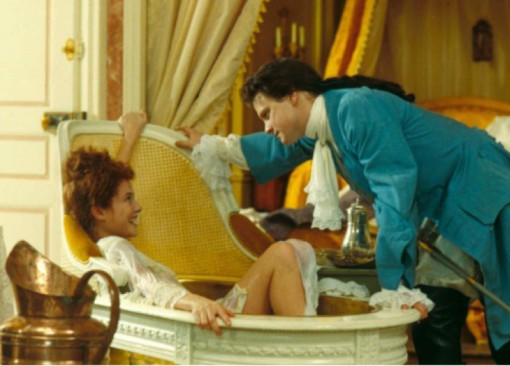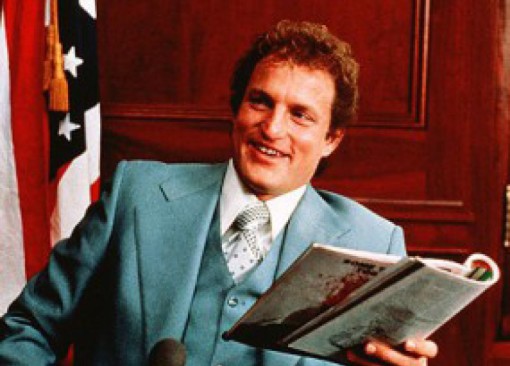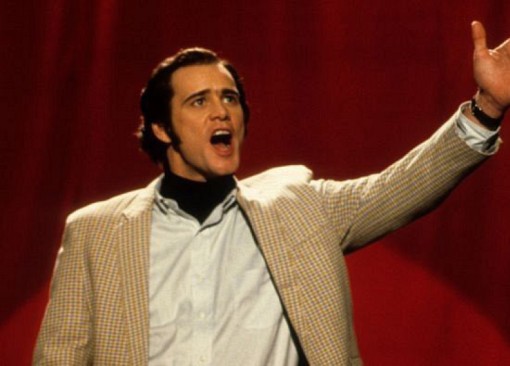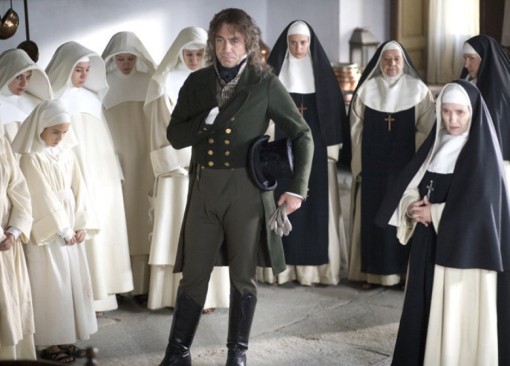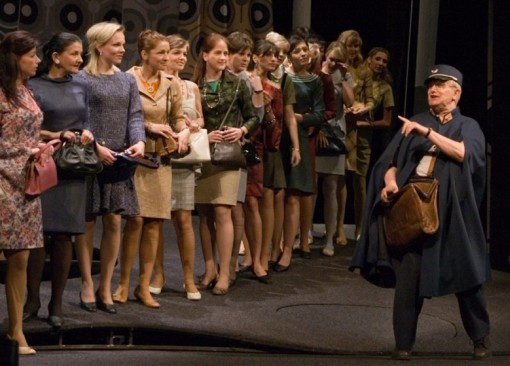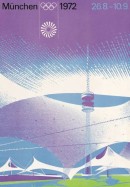A collective documentary created as a tribute to the Olympic Games in Munich in 1972. The games are seen through the eyes of eight great directors who tried to make not only a journalistic reportage of the sporting event, but to also emphasize their personal point of view in order to show the pain and disappointment that comes with euphoria.
About the movie
In 1972 at the Olympic Games in Munich eight famous directors of that time (Milos Forman, Kon Ichikawa, Claude Lelouch, Jurij Ozerov, Arthur Penn, John Schlesinger, Mai Zetterling, Michael Pfleghar, and Jim Clark), were asked to interpret any part of the contests, favorite sport or their personal view of the Games.
Milos Forman’s episode is the longest section, and as the sixth section stands out as one of the most outstanding moments of the film. The episode presents the decathlon as the pinnacle of the Olympic Games. The competitors depicted by Forman become more and more exhausted as unexpected problems arise and the competitors finish the games completely on the edge of their physical limits.
This episode is accompanied by the sound of brass instruments, cowbells, yodeling and even classical music. The musical arrangement culminates with Beethoven’s “Ode to Joy”,which in this context is used ironically. For example, shots of an event organizer bored and sleeping in the dedans as well as the movements of his colleagues are presented in grotesque slow motion or accelerated to the highest speed to parallel shots from the Bavarian capital or from the concert hall. Ultimately, all of these images connect the sports competition to a deeper social context.
Trivia
- The documentary consists of six parts: “The Beginning” (Juri Ozerov), “The Strongest” (Mai Zetterling), “The Highest” (Arthur Penn), “The Women” (Michael Pfleghar), “The Fastest” (Kon Ichikawa), “The Decathlon” (Miloš Forman), “The Losers” (Claude Lelouch), and “The Longest” (John Schlesinger).
- Like the Olympic Games in 1972, the fate of the film was an unhappy one. A tragedy interrupted the Games: some of the Israeli athletes were hijacked and murdered by Palestinian radicals. Perhaps this was why “Vision of Eight” has rarely been distributed and is greatly underestimated.
- The soundtrack in Forman’s part consists of following musical pieces: Ludwig van Beethoven (“The 9th Symphony”), Carl Orff (“A troop – Sommerkanon”), Franz von Suppé (“Light Cavalry”) and Bavarian folk music.
- The film was dedicated to the memory of the eleven murdered Israeli athletes.
Milos Forman about the movie
- “Since I was a child I desired to see the Olympic Games in the flesh. Maybe that was the reason why I started this project – to get the best seat in the stadium and just watch“.
- “The German Athletic Championship was taking place right before the Olympic Games and I went there to do some preparation. Then I realized that the most exhausting, endeavoring and dramatic contest is the decathlon – therefore I chose it as my theme. Almost each event has its own special rhythm which I emphasized with specific music. I also intended to show everything that is connected with this important competition: its organizers, its audience, the boredom, the motionless moments as well as the moments of blasting ecstasy.“
- “The Czech authorities hadn’t allowed Miroslav Ondricek to cooperate with an emigrant, so a Swedish guy, Jorgen Persson, who did the camera for Elvira Madigan and Bo Wirdberger, became my cameraman. I planned the movie to be completely different from the television reportage and Persson had apparently more sense for decadent beauty than for a dry sport report.
- Games were still going on when one day at seven a.m. I was woken up by a phone call. A secretary of our producer called.
“Do you know it already?”
“What?”‘
“You don’t know it?”
“What do I do not know?”
“Look out of your window.”My room was on the highest floor of the highest building in the Olympic village, so I could see the whole area. There were police cars, ambulances, policemen and soldiers everywhere. The Palestinian terrorists attacked the lodgings of the Israeli sportsmen. In cold blood they had killed two of them, the others were being held as hostages and the terrorists were just negotiating their safe departure from Germany. But they murdered nine more members of the Israeli team before the departure was guaranteed.
I was standing at the window and observing the horrible event. Only a few yards from the place which was still bloodstained, normal life resumed very quickly – people were playing ping-pong, mini-golf and chess, they were reading their books, arguing with their coaches, drinking lemonade, sunbathing, and staring at girls. They could have seen, heard and felt the results of the bloodbath, but until the Games were over, the athletes didn’t want to be distracted from concentrating on their task – they had been preparing for this moment their whole lives…”
Locations
Federal Republic of Germany
-
Olympiapark, Munich
- Olympic Stadium
- Decathlon races.
- The Olympic atmosphere.
Awards
| Event | Place | Award | Category | W/N |
|---|---|---|---|---|
| 1974 | ||||
| Golden Globe Awards (31th Annual) | Los Angeles USA | Golden Globe | Best Documentary |  |
Credits
| David L. Wolper presents | |
| The Beginning | |
| Directed by | Juri Ozerov (U.S.S.R.) |
| The Strongest | |
| Directed by | Mai Zetterling (Sweden) |
| The Highest | |
| Directed by | Arthur Penn (USA) |
| The Women | |
| Directed by | Michael Pfleghar (West Germany) |
| The Fastest | |
| Directed by | Kon Ichikawa (Japan) |
| The Decathlon | |
| Directed by | Milos Forman (Czechoslovakia) |
| The Losers | |
| Directed by | Claude Lelouch (France) |
| The Longest | |
| Directed by | John Schlesinger (Great Britain) |
| Produced by | Stan Margulies |
| Executive Producer | David L. Wolper |
| Original Music by | Henry Mancini |
| Production Manager | Pia Arnold |
| Chief Photofraphic Consultant | Michael Samuelson |
The Decathlon - Milos Forman |
|
| Cameraman | Jorgen Persson |
| Editor | Lars Hagstöm |
| Unit Manager | Dietmar Siegert |
| Beethoven's Ninth Symphony performed by the Chorus and Orchestra of the Bavarian State Opera under the direction of Professor Wolfgang Sawallisch | |
| Bavarian Folklore Music by Vita Bavarica and Platzl | |
| Main Title Sequence by | Mel Stuart |
| Olympic Torch Music | Wilhelm Killmayer |
| Olympic Fanfare | Herbert Rehbein |
| Second Unit Director | Alex Grasshoff |
| Solar Footage by | National Science Foundation |
| Color by Technicolor® | |
| Supervising Film Editor | Robert K. Lambert |
| Assistant Editors | Bea Dennis, Geoffrey Rowland |
| Cars Furnished by | Fiat and BMW |
| Cameramen | Helmut Ammon, Alex Barbey, Willy Bogner, Tony Coggans, Ronald Collins, Dick Enerson, Dieter Gaebler, Jurgen Gorter, Terry Gould, Adi Gurtner, Timo Horoschenkoff, Herb Lightman, Mike Matthews, Gordon Meagher, Peter Menzies, Chris Pechin, Herbert Raditschnig, Vincenz Sandner, James Stillwell, Mervyn Wilson, Eduard Windhager, Roderick Young |
| Sound by | Roy Charman, Klaus Eckelt, Josef Listl, Stefan Schieder, Colin Charles, Herbert Maier |
| Gaffer | Herb Fischer |
| Editorial Coordinator | Karola Storr |
| Production Secretary | May Capsaskis |
| Auditor | Jane Meagher |
| Production Executive | Conrad Holzgang |
| Post Production Supervisor | Phillips Wylly |
| Post Production Services | Neiman - Tillar Associates |
| Re-recording by | Bill Varney |
| Olympic Liaison Committee | Dr. Walter Schätz, Claus Willing, Dr. Klaus von Lindeiner |
| Filmed with the cooperation of Bavaria Atelier, Munich | |
| The Producers wish to acknowledge the cooperation of the Organizing Committee of the 20th Olympiad and its President, Willi Daume | |
| © 1973 Wolper Pictures | |





